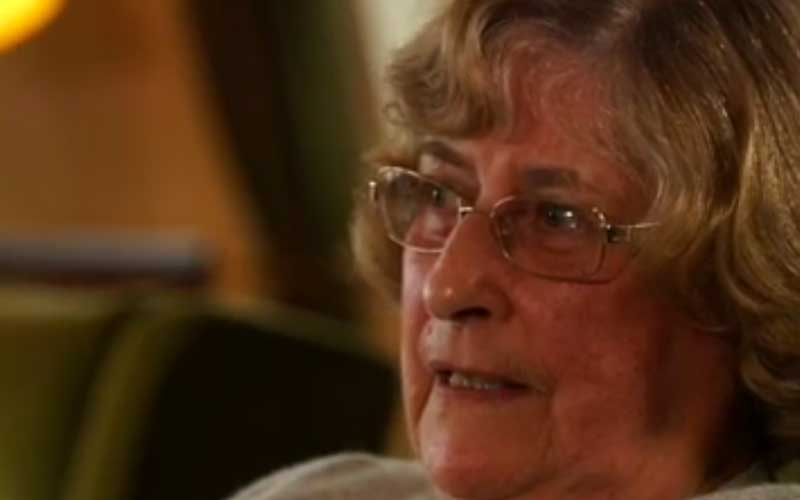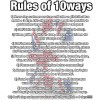To many people you would think it would be almost impossible to fall for this sort of scam but it does happen and it is important that we ensure that our family/friends know of such scams and what NOT to do!
Known as ‘vishing scams’, because they’re voice phishing scams where groups of people pretend to be Police officers / Bankers etc and persuade members of the public that their bank account has been accessed by fraudsters, the fraudsters then recommend you hang-up the phone and ring 999 & your bank to cancel your debit cards and speak with fraud departments.
The scam occurs when the scammers never end the original call and then presumably have false dial tones, fake call menus, wait/queue music and then different people pretending to be your bank/Police etc. These second fraudsters instruct people to visit their banks and withdraw in cash as much cash as possible, then instruct fake officers to collect the money or transfer it for ‘safekeeping’.

Patricia Burnham, 76, handed over £135,000 before she realised she had been duped.
She told BBC News:
“I said to my husband, ‘What have I done?’
“I’d better ring fraud line and check, which I did and the person who answered said, ‘Yes, ma’am, it’s a scam.’
“I just felt devastated, stupid, embarrassed, you know, how could I have been so taken in?”
This is then repeated multiple times with the fraudsters ringing back days later and conducting the same process until the bank accounts are effectively emptied.
Commander Richard Walton, of Scotland Yard, said:
“These criminals were targeting individuals who were vulnerable and elderly – in their 70s, 80s and 90s – you know, to be honest, the targeting of individuals like that in our society like that is frankly beyond belief.”
The problem is when people find out they’ve been scammed it can be too embarrassing for some to even report them.
Definition of phishing: Phishing is the attempt to acquire sensitive information such as usernames, passwords, and credit card details (and sometimes, indirectly, money), often for malicious reasons, by masquerading as a trustworthy entity in an electronic communication.

Four men have been convicted over the phone scam carried out across the south of England that defrauded 18 pensioners out of a total of £600,000.
Mohamed Dahir, 23, Sakaria Aden, 22, and Yasser Abukar, 24, were found guilty of conspiring to commit fraud.
Mohammed Sharif Abokar, 28, was convicted at the Old Bailey of converting criminal property. All four are from north London.
A fifth man, Ibrahim Farah, 23, also from north London, was acquitted of conspiring to commit fraud.
The Metropolitan Police said the fraud was uncovered after a separate terrorist investigation found payments in a bank account used by someone who later travelled to Syria.
How we would avoid this scam:
- Never trust anyone that rings you over the phone, even if they have all of your details. Remember phone numbers can be faked/spoofed + you can actively buy people’s personal information including passwords and even bank details on the black market.
- Using a mobile phone generally will ensure you’re speaking with the person you’ve dialed as callers can’t stay connected like they can with some landline phones.
- Google search the number that dialed you (we often do this whilst actually on the phone) + report & block phone numbers that are obvious scams so others online will quickly find the report.
- Whenever we get a scammy or spammy phone call from a company we request their full company name, ensure you get them to spell it out exactly (this helps when you report them later on) + you can make a note of the company for any
- If you believe you’re being actively targeted by scammers call the Police (using a different number to the one you were contacted on), if this is less urgent then contact Action Fraud on 0300 123 2040 or visit http://www.actionfraud.police.uk/
- NEVER withdraw cash from your bank account or transfer the funds to any account number you don’t control
- Speak with the fraud team at your bank (either in store or by using another phone to dial the number on the back of your debit card.
The full article can be read on http://www.bbc.co.uk/news/uk-35064360 along with a video.
2 comments























![Why does the bride to be on ‘Don’t tell the bride’ not just tell the groom what she wants in advance…. [with answers from contestants]](https://10ways.com/wp-content/uploads/2015/04/wedding-marrage-100x100.jpg)


